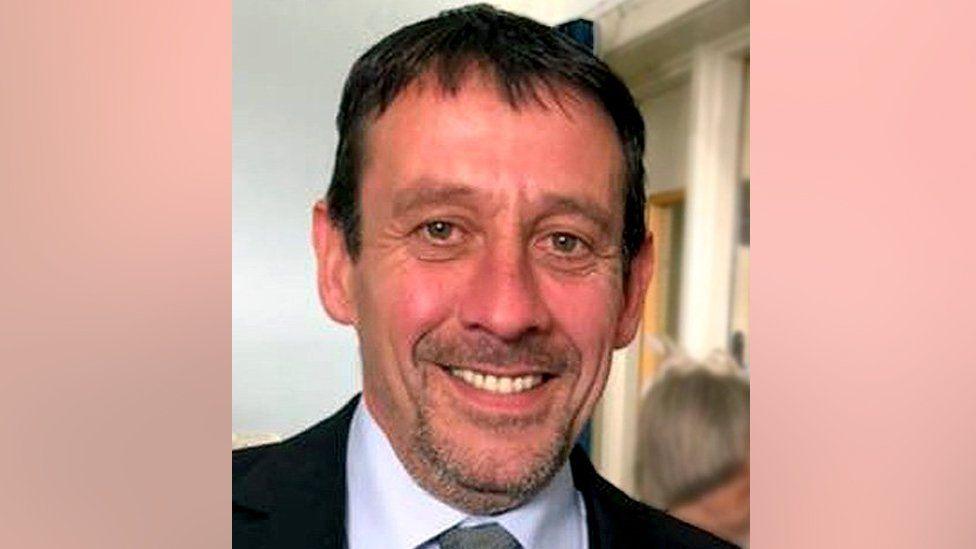Murder accused was 'focused' on attacking targets

Finlay MacDonald is accused of attempting to murder his wife at the family home in Skye
- Published
A man accused of murdering his brother-in-law and attempting to murder three others had "a focused plan" to target people he believed were the cause of his difficulties, a court has heard.
A clinical psychologist said Finlay MacDonald, who was considered to have had undiagnosed autism spectrum disorder, had decided he was no longer going to be a victim.
Dr Harry Wood said his behaviour was consistent with an individual focused on himself and his own plan and was not displaying the usual degree of empathy.
Mr MacDonald, 41, denies all the charges against him following alleged knife and gun attacks on and around Skye on 10 August 2022.
He has lodged a special defence to the allegation of murdering John MacKinnon, claiming he was suffering from abnormality of mind.
Defence counsel Donald Findlay KC said to the psychologist that Mr MacDonald went to the home of his brother-in-law, John MacKinnon, armed with one of his guns and "really enough ammunition to start a small war" and shot him.
The psychologist told the High Court in Edinburgh that, at the time of the alleged murder, Mr MacDonald was affected by autism and post traumatic stress disorder with depression, anxiety and a personality disorder in the background.
Mr MacDonald has denied murdering Mr MacKinnon, a distillery worker, on August 10 in 2022 by shooting him at his family home at Teangue in Skye.
He has also denied attempting to murder his wife Rowena, 34, at their family home at Tarskavaig in Skye on the same date by repeatedly stabbing her.
He further denies attempting to murder retired osteopath John MacKenzie and his wife Fay, both 65, on the same day at their home in the village of Dornie, in Wester Ross, by discharging a shotgun at them.
Advocate depute Liam Ewing KC told the jury Mr MacDonald had "a long standing problem controlling his anger" and a deep-set resentment against two men.
The prosecutor argued that the way he acted and took steps to prepare ahead of the attack on Mr MacKinnon demonstrated that the appropriate verdict for the jury to return was one of murder, rather than the lesser offence of culpable homicide.
He said that to return a verdict of culpable homicide the jury would have to be satisfied that MacDonald's ability to control and determine his conduct was "significantly impaired".
The trial continues.
Related topics
- Published26 November 2024
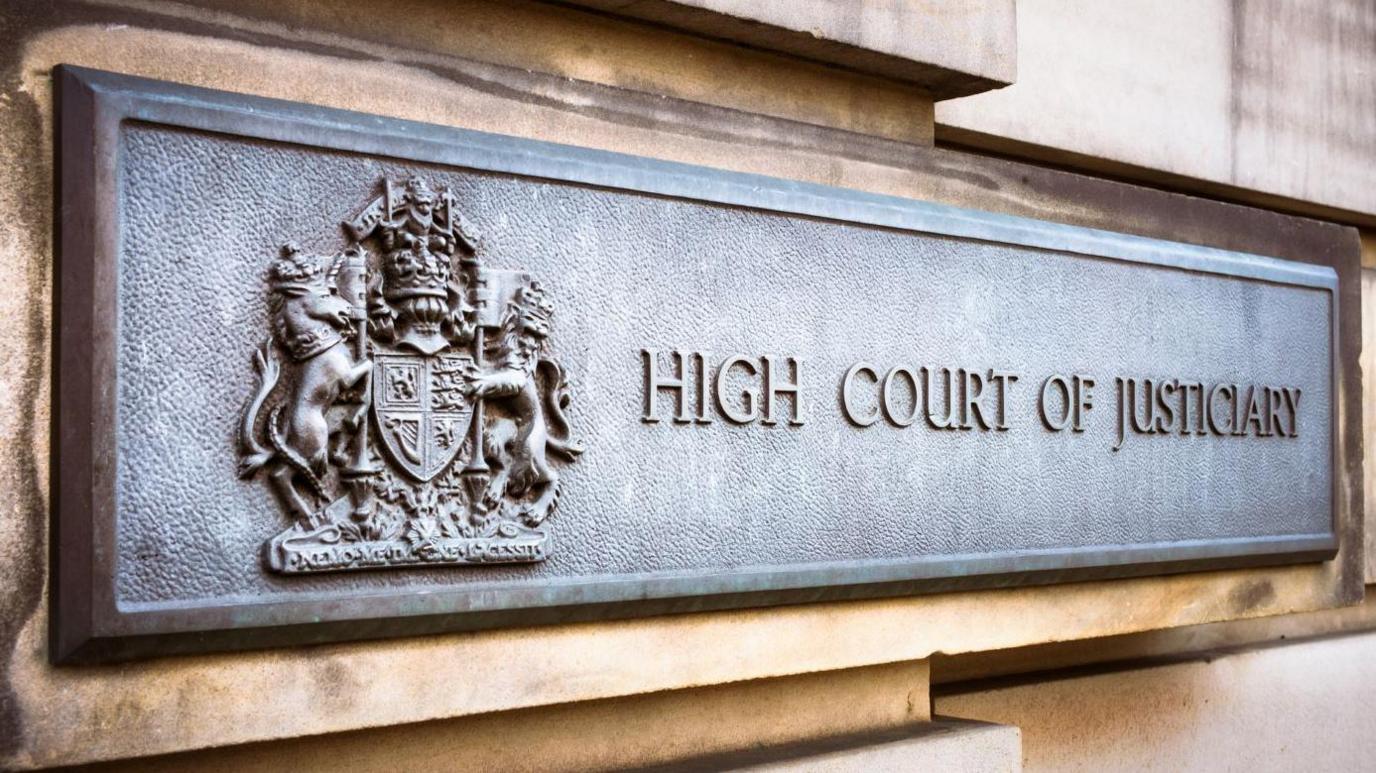
- Published22 November 2024
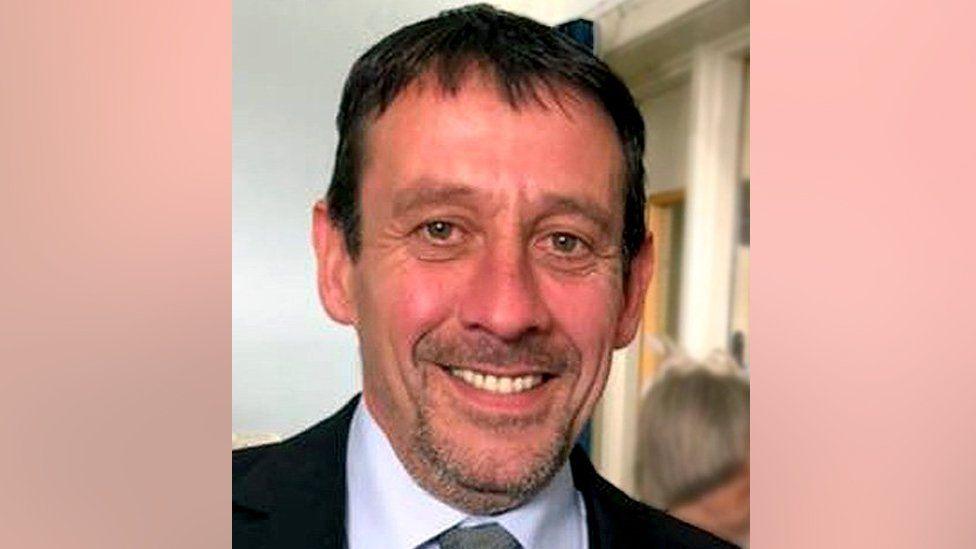
- Published21 November 2024
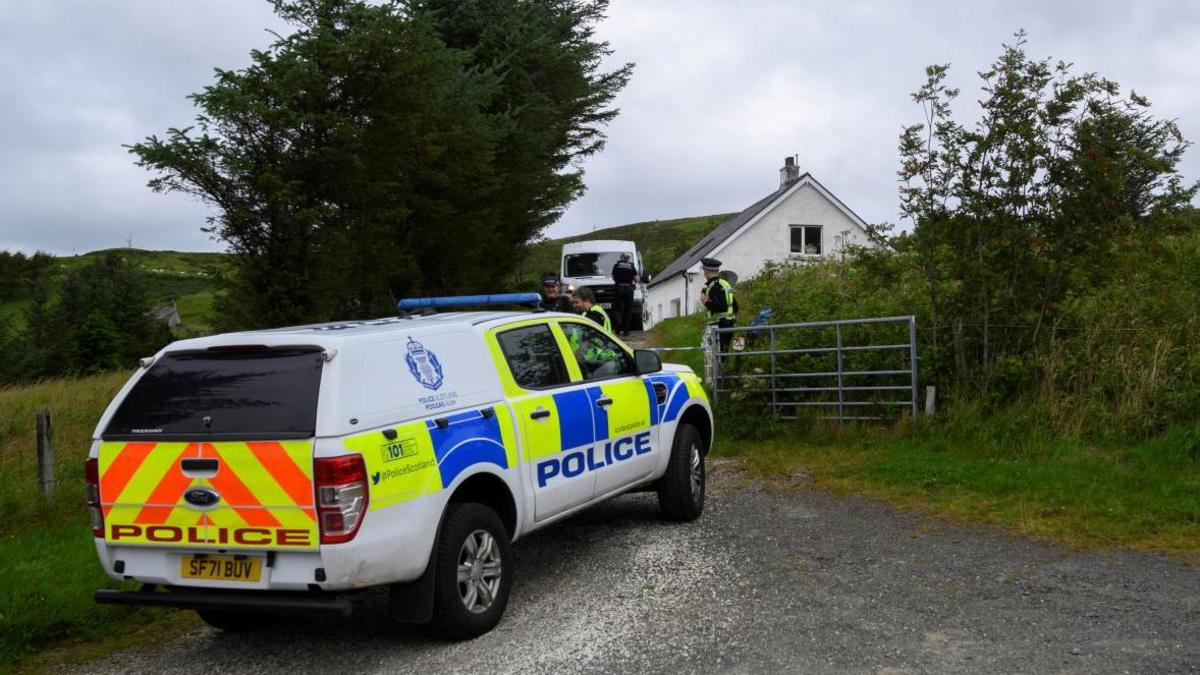
- Published15 November 2024
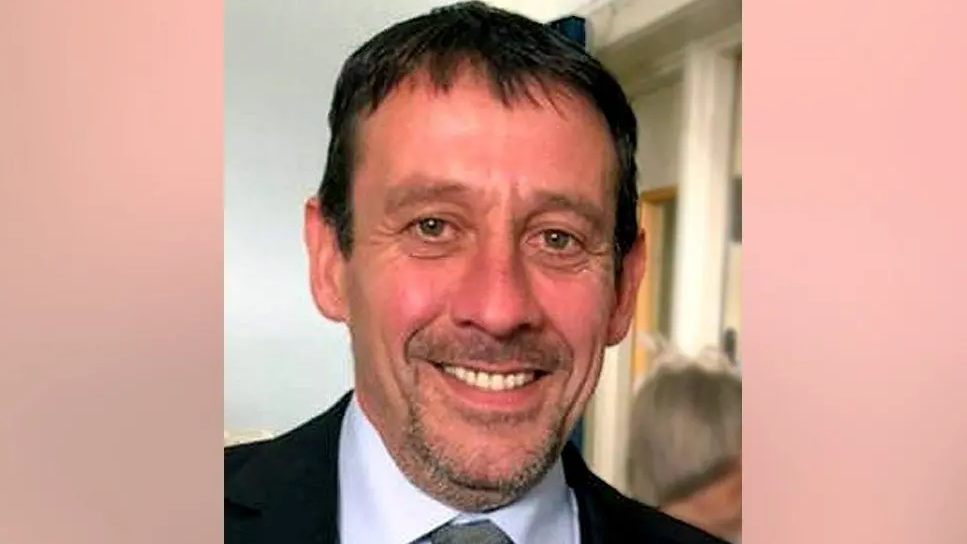
- Published14 November 2024
